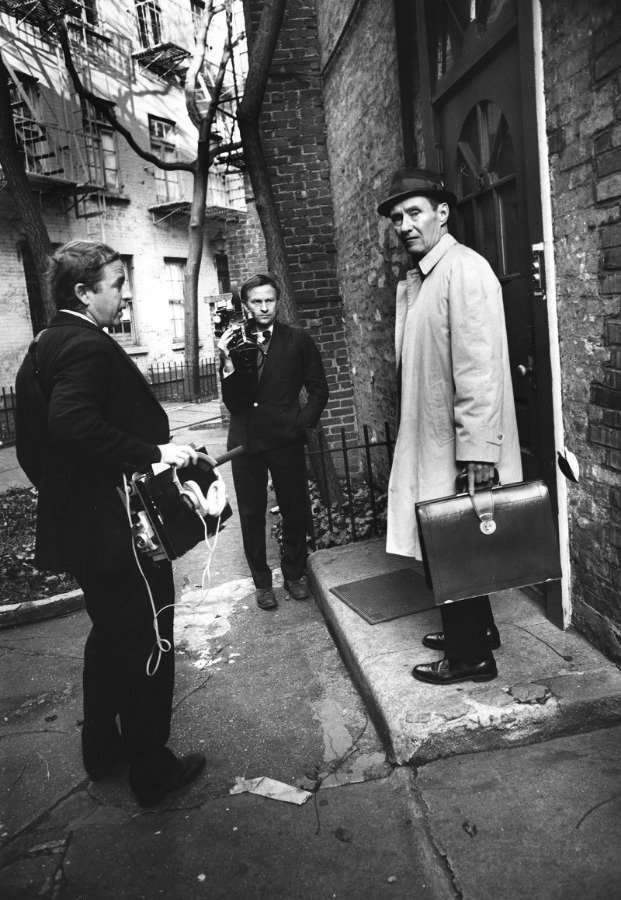Salesman: For God and Company

In the fall of 1966, an unusual proposal reached the desk of Melbourne I. Feltman, vice president of Consolidated Book Publishers in Chicago. In a letter dated October 24, sent from the Maysles Films office in Midtown Manhattan, David Maysles wrote:
We want to film on the spot a Bible salesman in a rural or semirural area. We would particularly like to capture and convey the challenge of the first call at an unknown house. Our procedure would be to follow a salesman on the job and off [. . .] to share and record his experiences, his successes, his disappointments—in short, to film the total unique adventure of life on the road.
This pitch was followed by a humble request:
We are looking for a dedicated, top-notch, full-time Bible salesman who stays on the road for at least a few days at a time. [. . .] We realize that the salesman we’ve described is not at all common. However, I think you will agree with our hunch that at least a few still exist. Mr. Feltman, I want to assure you that our purpose is only to make a good film about what we feel is a subject with a great deal of human interest.
Can you recommend some small companies that have a salesman selling Bibles door-to-door?
David had tried this same approach with several other publishing entities—Bible House, Inc.; Christian Booksellers Association; Bible Editions, Inc.—but it was only in Feltman that he found a sympathetic soul. In short order, Feltman put David and his older brother, Albert, in touch with Hargrove Turner, president of the Mid-American Bible Company, who introduced them to sales manager Kennie Turner and four of his most outstanding Boston-based representatives: Charles McDevitt, James Baker, Raymond Martos, and Paul Brennan.
At this point in their careers, Albert and David Maysles had codirected several shorter documentaries and promotional films, most notably the first movie they produced themselves under the aegis of Maysles Films, Inc.: Showman (1963), about Hollywood mogul Joseph E. Levine. Their two most recent films, Meet Marlon Brando and With Love from Truman (both 1966), had seen them working in collaboration with cofilmmaker and editor Charlotte Zwerin. The Maysleses had met Zwerin, a native of Detroit, when all three were working with Robert Drew, the intellectual father and chief producer of the films that helped launch the Direct Cinema movement and many careers, not only the Maysles brothers’ and Zwerin’s but also those of D. A. Pennebaker and Hope Ryden. In his letter to Feltman, David would lay out the principles of Direct Cinema as practiced by Maysles Films as follows:
For the documentary films we make, we try to find an ongoing situation that is interesting in itself, which we can film as it is actually happening. During the filming we use only a two-man crew, with portable, silent camera [Albert] and sound equipment [David], which is especially designed to be as unobtrusive as possible. We never direct or ask people to act for us; all we ask is the privilege to be on the spot. Our whole idea is not to interfere with what is going on but to record the truth as it happens.
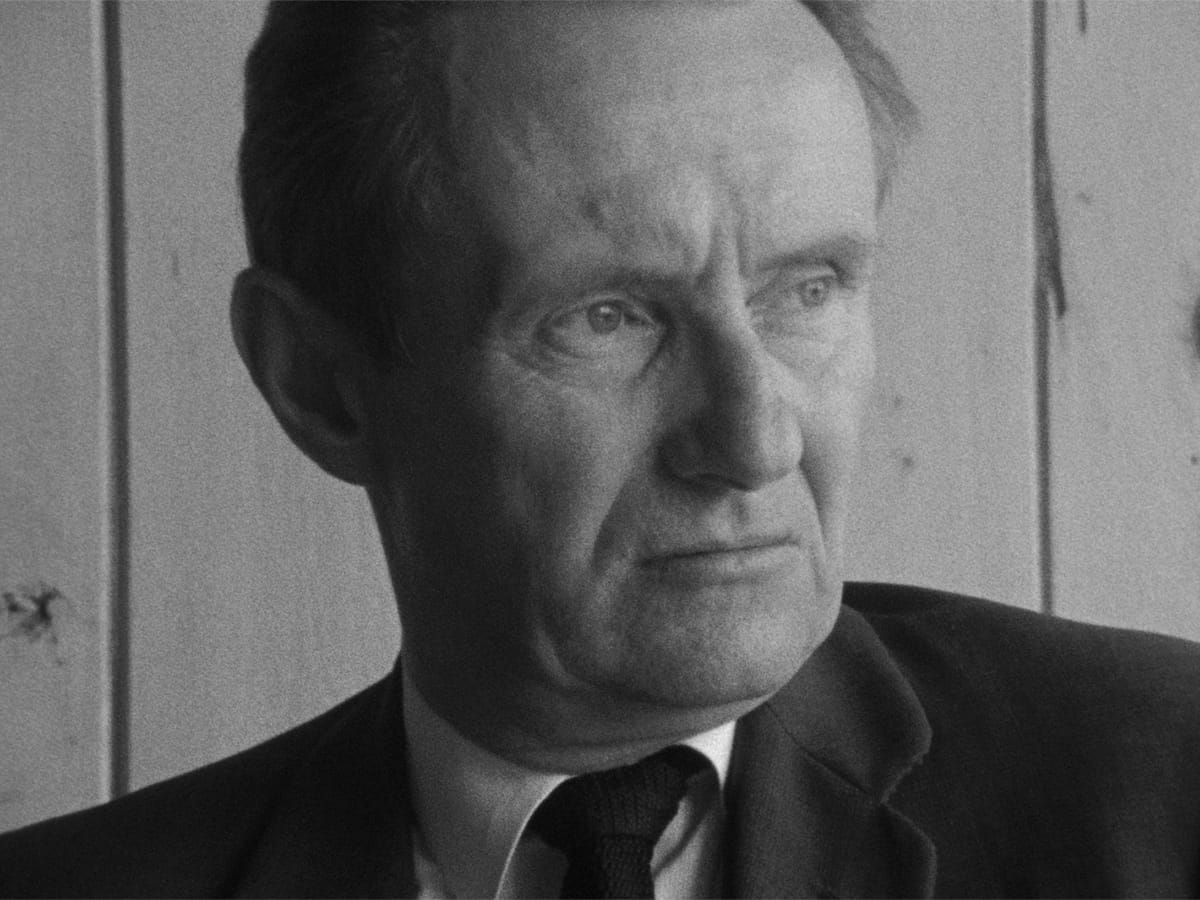
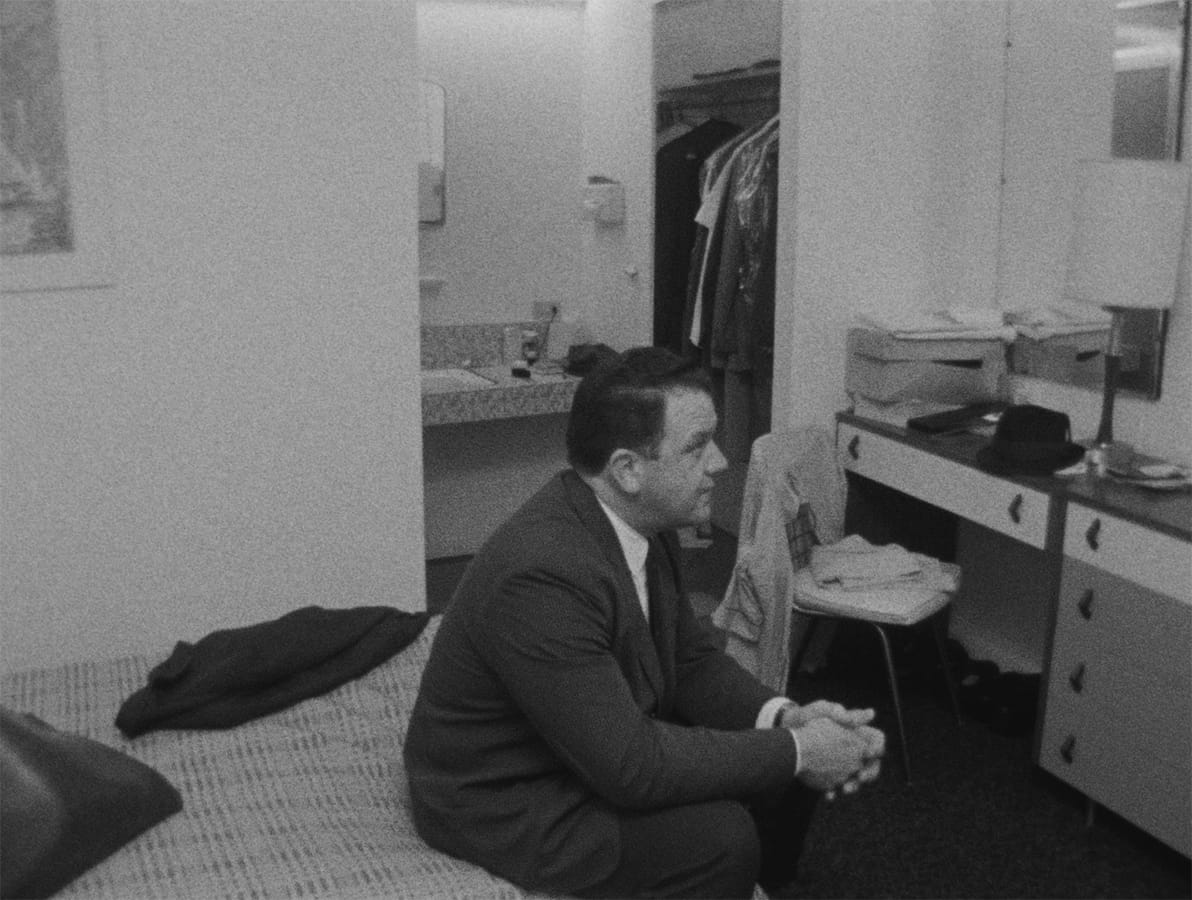
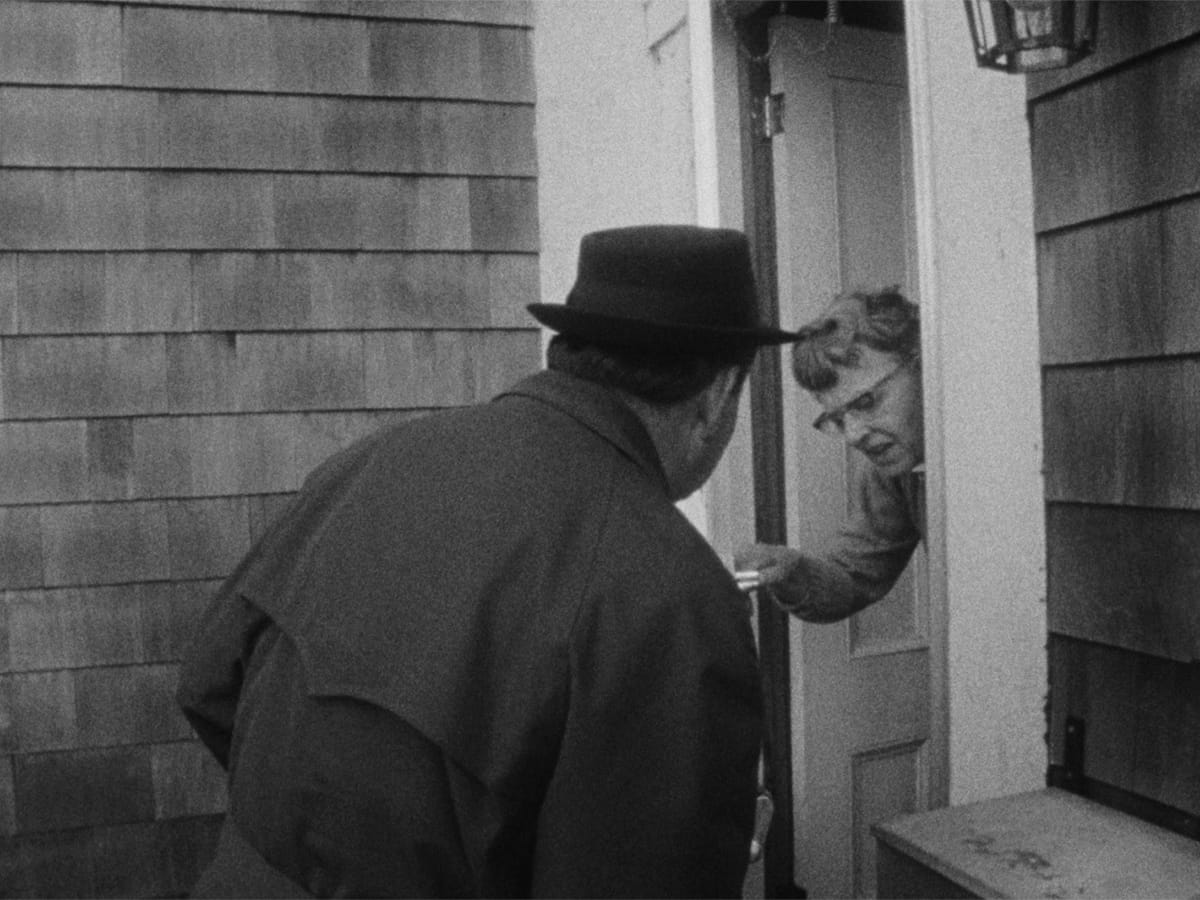
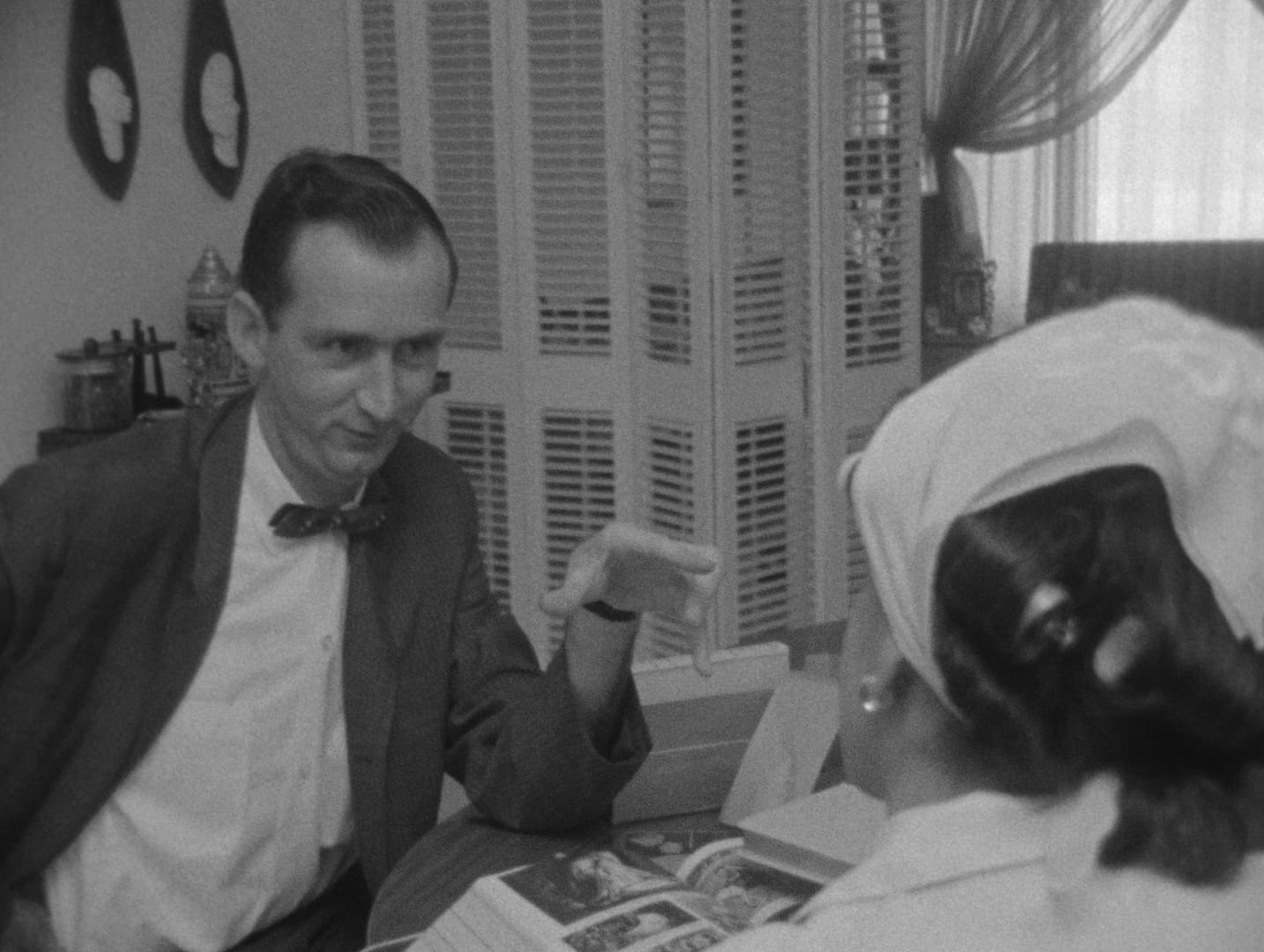
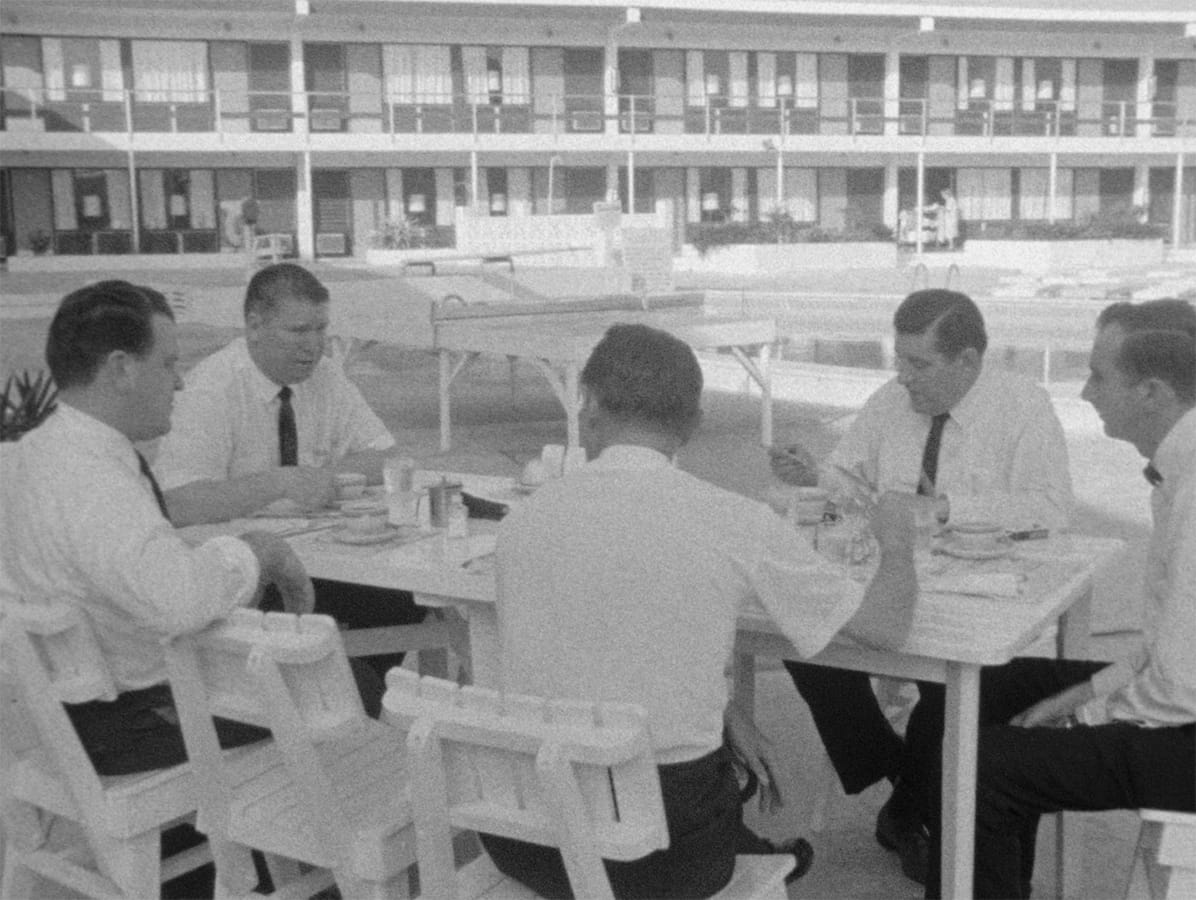
“The film transcends the specificity of its cultural moment, capturing the very essence of what it is to be American.”
“Paul’s bitterness over his failure to close sales is compounded by a palpable sense of disbelief that life has somehow cheated him out of a nobler destiny.”

